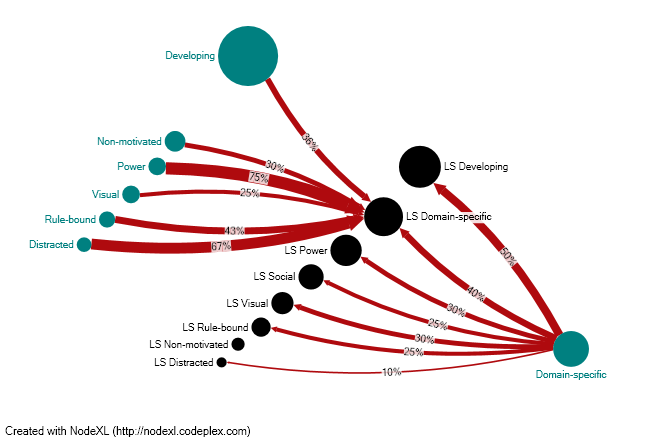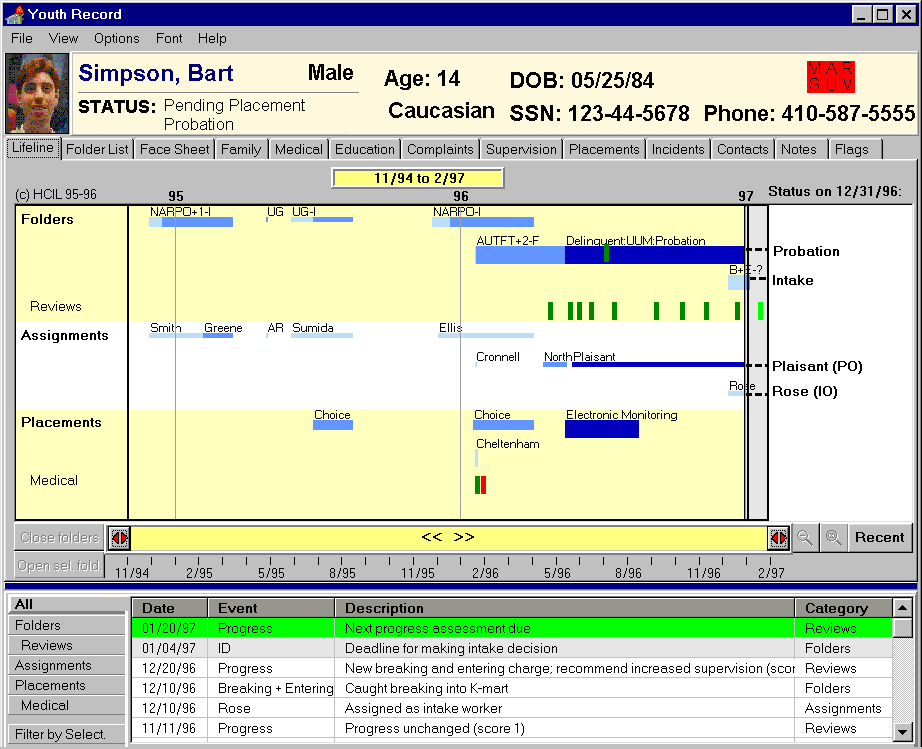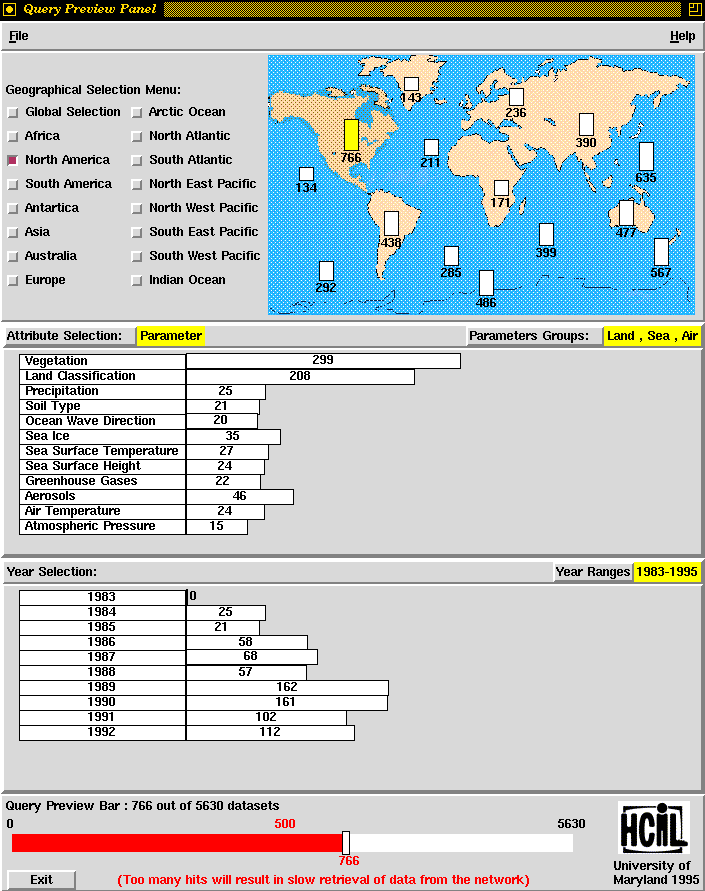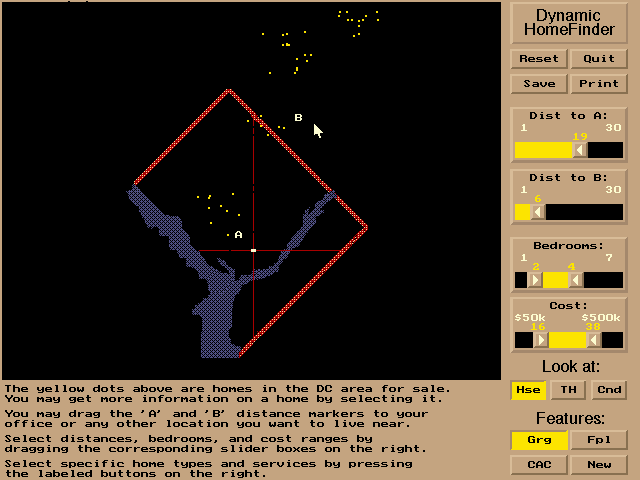ARCHIVE – Overview
We keep the pages from past projects in a separate Archive.
Also included are pages that are not updated anymore but have an historical value.

In particular, our collection of video and research projects contains valuable materials demonstrating pioneer work in Human-Computer Interaction.
The early HCIL Publications and Tech Reports are hosted in the Computer Science department, the original home of the HCIL website.
Past Project Highlights
Read the following introductory short stories that describe the bigger picture of some of our projects
Children as Design Partners: Intergenerational Design Teams

Children, ages 7-11, work with HCIL faculty/staff/students after school and over the summer to create new technologies for children.
More information
COCO: A Visual Analytics Tool for Comparing Cohorts of Event Sequences

CoCo is a visual analytics tool that enables users to compare two sets of temporal sequence data. It combines automated statistical tests with user-guidance to enable insights, hypothesis generation, and much more. Users see (1) statistics about their dataset, (2) event-level statistics, and (3) a menu of metrics. CoCo displays significance tests in a unified form for measures such as prevalence and duration of gaps.
More information
Community Analysis and Visualization

Nation of Neighbors is Neighborhood Watch for the 21st century. It facilitates real-time collaboration within communities and between community members and Law Enforcement. Their mission is to enable Citizens and Law Enforcement to work together to fight and deter crime and improve our communities.
More information
Evaluation of Visual Analytics

The NSF funded SEMVAST project (Scientific Evaluation Methods for Visual Analytics Science and Technology) aims to provide benchmark data sets with ground truth, develop corresponding metrics and automated tools for evaluation, and to seed an infrastructure for the coordination of long term evaluation activities.
More information
EventFlow

EventFlow extends its predecessors (LifeLines2 and LifeFlow) to support both point-based and interval-based events. With EventFlow, we present novel solutions for displaying interval events, simplifying their visual impact, and incorporating them into meaningful queries.
More information
Graph Visualization

A list of projects related to Graph Visualization.
More information
International Children’s Digital Library Helps Young Readers Worldwide

Libraries have come a long way since Andrew Carnegie’s vision of developing citizenship through increased literacy. Generations have benefited from abundant books in free libraries, purchased with his donated wealth. Times change. Imagine a virtual library of international children’s literature available to kids around the world, created and shared using unique technology. The online International Children’s Digital Library provides a supportive and safe environment for children to communicate with each other, even across language barriers.
More information
KESHIF: Simplicity Driven Visual Faceted Browser

Keshif is a visual data browser that makes it easier to browse and understand your data. It presents visual summaries of your data properties, such as who, what, when and where, in its facets and timeline.
More information
Life Relevant Learning

Promoting scientific learning in everyday life by studying and supporting three areas: new learning experiences, identity and disposition, and learning technologies.
More information
Longitudinal Search Study

We are undertaking a longitudinal study of search roles, or patterns of behavior, from child to adolescent, when searching for information on a computer.
More information
ManyLists

ManyLists is a product comparison tool that compares products’ features using Spatial Layouts with Animated Transitions. We applied the design concept from our recent comparison tools: Twinlist. It aims to meet the following three goals: 1. Support the comparison of at least four products, each with dozens of attributes. 2. Provide an overview to help users spot products provide more desirable features with less effort. 3. Allow the customization of positive and negative features.
More information
Monotrans

We propose a rethinking of the translation problem to bring together translation technology and human-computer interaction, producing a framework for translation that exploits imperfect technology and limited human abilities in tandem to achieve capabilities neither can achieve alone. The core of this framework is MonoTrans, an iterative protocol in which monolingual human participants work together to improve imperfect machine translations.
More information
NODEXL: Network Overview for Discovery and Exploration in Excel

We have developed a free, open-source tool that provides powerful importing, analysis, and visualization for social network analysis as a plugin for Excel 2007/2010.
More information
Q&A: Supporting Engagement And Peer Learning In A Classroom Setting

We are investigating the use of technology to support active student engagement and peer learning in the classroom. We have created a tool called Q&A that allows instructors to pose a question to their students. The students then use Q&A to submit their responses and help aggregate the class’ responses.
More information
Restaurant Food Safety Inspections

The goal of this project is to compile, study, and openly distribute a nationally standardized database of government health inspectors’ restaurant ratings.
More information
Science 2.0: Studying Collaboration In Socio-Technical Systems

New kinds of science, which we will call Science 2.0, are needed to study the integrated interdisciplinary problems at the heart of social-technical systems. Science 2.0 will be especially important to meet the design challenges in secure voting, global environmental protection, energy sustainability, and international development among many others.
More information
Sinq (Scientific Inquiry)

SINQ (Scientific INQuiry) is an application for mobile devices designed to help children capture their questions and observations as they arise in their everyday experiences and to provide guidance for developing them into scientific inquiry projects.
More information
Stick: Science & Technology Innovation Concept Knowledge-Base

This project overcomes the bias in the Science of Science and Innovation Policy (SciSIP) towards popular or ultimately successful innovations by providing the much needed data and tools for analyzing innovations of all possible outcomes. This comprehensive endeavor enables SciSIP researchers to build and test theories that explain the differentiated trajectories of science and technology innovations and their associated communities.
More information
Temporal Visualizations

A summary of HCIL projects in Temporal Visualization.
More information
Treeversity: Comparing Trees By Topology And Node Attribute Values

TreeVersity is a tool that allows the comparison of hierarchical / tree by looking not only at structural differences but also at changes in the node attribute values.
More information
User Interface And Visualization For Electronic Health Records: Sharpc At Maryland

The University of Maryland is participating in the National Center for Cognitive Informatics and Decision Making in Healthcare (NCCD). This program seeks to support improvements in the quality, safety, and efficiency of health care through advanced information technology. NCCD’s research focus area is Patient-Centered Cognitive Support.
More information
Project Screenshots
Screenshots of several of our past projects are available here.
These images are provided for your use in technical reports and publications but we do ask that you credit the Human-Computer Interaction Laboratory at the University of Maryland in College Park.






